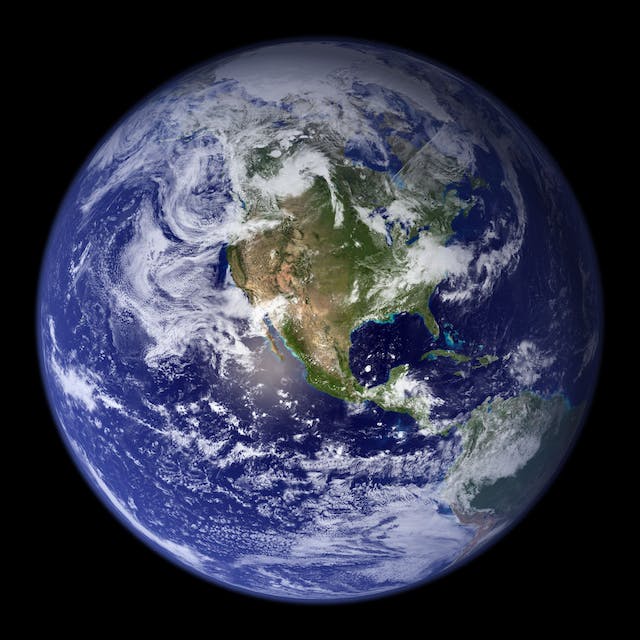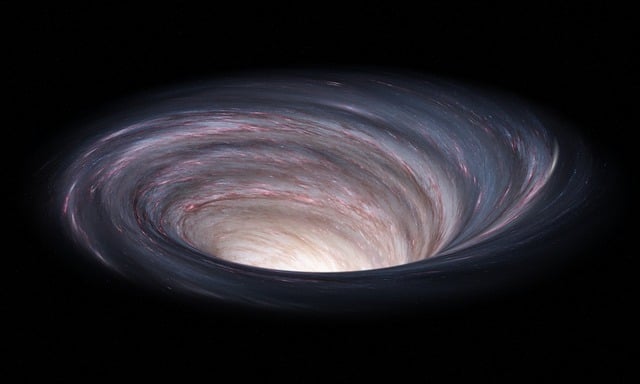There are some scientific theories out there that are just downright weird. But that’s what makes them so interesting, isn’t it? In this blog post, we’ll explore some of the more bizarre scientific theories out there. Some of these may be familiar to you, while others may be completely new. Either way, we’re sure you’ll find them fascinating!
The Big Bang Theory
According to this theory, our universe started with a huge explosion. All of the matter in it was created as part of this event and has been expanding ever since then. This theory is supported by observations made using telescopes such as Hubble Space Telescope (HST). However, it doesn’t have any solid evidence until today.
The Steady-State Theory
This theory states that matter and energy are constantly being created at an equal rate throughout space. It’s supported by observations made using telescopes such as Hubble Space Telescope (HST). However, it doesn’t explain why there’s so much time between when new matter is created and when it’s detected. This theory also doesn’t explain the observed redshift of galaxies.
Theory of Evolution
This one needs no introduction! The theory of evolution states that organisms change over time in response to their environment. This theory is supported by a great deal of evidence, including fossil records and genetic data. This theory was popularized by Charles Darwin and is still studied today.
White Holes
If you’ve ever heard of a black hole, in science, there is something called a white hole. White holes are basically the opposite of black holes. Instead of sucking everything within its range, white holes spit everything out. It’s basically a one-way street where nothing goes in, and everything comes out. This theory is based on the idea that black holes could be formed by collapsing stars.
Flat Earth Theory
Despite the much evidence of the Earth being an oblate spheroid, many people still believe in the flat earth theory. From the name itself, the flat earth theory suggests that the Earth is flat, as opposed to being round. This theory is often associated with conspiracy theories and is not supported by scientific evidence.
Hologram Universe Theory
This theory states that the universe is actually a giant hologram. This means that the three-dimensional space we experience is just an illusion created by our brains. The idea behind this theory is that if you remove one dimension, the remaining two would still be able to create the same image. This theory has been explored in a number of scientific papers.
Theory of Relativity
This theory states that time moves more slowly for objects moving near the speed of light than it does for those traveling at slower speeds. This idea was first proposed by Albert Einstein in his theory of special relativity. This theory has been supported by a number of scientific experiments and observations.
Time travel is a popular topic in science fiction, but is it possible? According to this theory, time moves more slowly for objects moving near the speed of light than it does for those traveling at slower speeds. This means that time travel may be possible, but it would be a difficult process. It’s also important to take note that the theory of relativity only applies to objects that are moving at a rate close to the speed of light. So, it’s unlikely that humans will ever be able to time travel using this theory.
Matrix Universe Theory
This theory states that the universe is just a computer simulation. This idea has been explored in books, movies, and TV shows like The Matrix, which feature humans living inside computers without being aware of it. The premise behind this theory is that the laws of physics are actually created by programmers who designed these simulations.
Theory Of Everything
This theory is a bit more complex, but it essentially states that there is a single theory that can explain all the physical phenomena in the universe. This theory has not been discovered yet, but scientists are working on it. Some of the theories that could potentially be part of this Theory of Everything include quantum mechanics and general relativity.
Black Hole Babies
This theory suggests that black holes have the capability to create baby universes by pulling in the matter and spitting them out to form a universe. This theory is based on the scientific idea that black holes are actually able to create and destroy particles. However, this theory hasn’t been supported by any scientific evidence.
Alien Theory
This theory is probably among the most famous. There are countless books, TV shows, and movies that suggest the existence of aliens is real. However, there’s still no concrete evidence of their legitimacy. In theory, it is known that aliens tend to observe human life and development without making contact with us. This theory has been explored in countless pieces of literature and media, including the TV show The X-Files or the movie Alien.
Theory Of Parallel Universes
This theory is a bit more complex than the others, but it essentially states that there are many universes out there that are very similar to ours. This theory is based on the idea that every decision made by every person creates a new universe. In this theory, our universe is just one of many. This theory has not been supported by any scientific evidence.
Final Thoughts
It’s fascinating to think about all of the weird and wacky scientific theories that are out there. While some of these theories have been supported by evidence, others are still just speculation. However, it’s always interesting to explore these ideas and see what new information might be uncovered. What is your favorite weird scientific theory?

